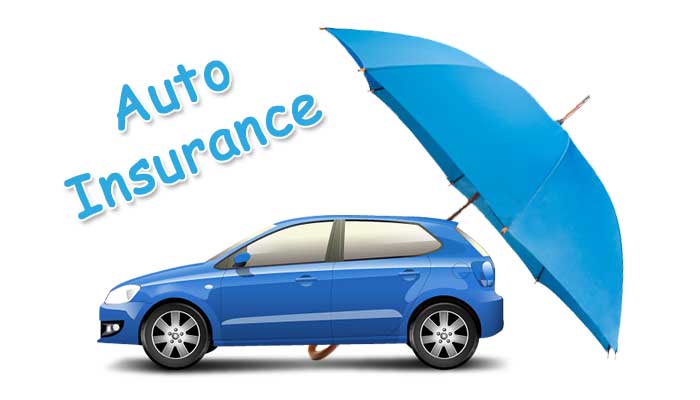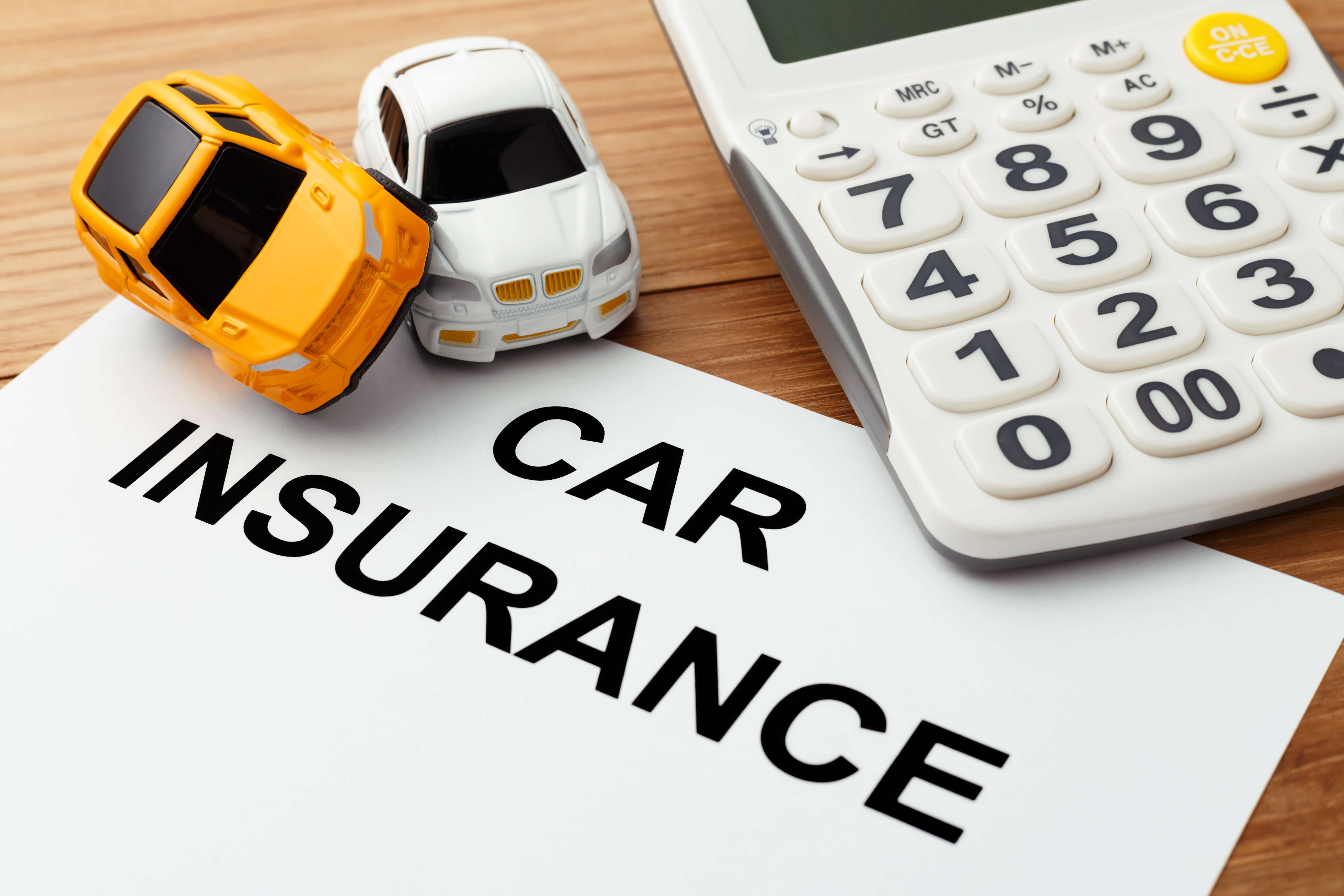Insurance car requirements vehicle california owners legally valid considered conditions met having must before
Auto insurance is a crucial aspect of owning a vehicle. It provides financial protection in the event of an accident, theft, or damage to your car. However, understanding your auto insurance policy can be daunting, with all the technical jargon and intricate details. In this article, we aim to simplify the process by breaking down the key components of an auto insurance policy, ensuring that you feel confident and informed about your coverage.
What is an Auto Insurance Policy?
An auto insurance policy is a contract between you and an insurance company that outlines the terms and conditions of your coverage. It specifies the types of coverage you have, the premiums you pay, and the deductible amounts. By having a policy in place, you are protecting yourself financially in the event of an accident.

Types of Coverage
There are various types of coverage included in an auto insurance policy. Each type serves a specific purpose, and it is important to understand what they entail. Let's explore some of the common types of coverage:
1. Liability Coverage
Liability coverage is a fundamental aspect of auto insurance. It protects you financially if you are responsible for causing injury or damage to someone else's property. This coverage typically includes bodily injury liability and property damage liability.
2. Collision Coverage
Collision coverage is designed to cover the cost of repairs or replacement of your vehicle if it is damaged in a collision, regardless of who is at fault. This coverage often comes with a deductible, which is the amount you must pay out of pocket before the insurance kicks in.
3. Comprehensive Coverage
Comprehensive coverage provides protection for damage to your vehicle that is not caused by a collision. This includes events such as theft, vandalism, extreme weather conditions, or hitting an animal. Like collision coverage, comprehensive coverage usually has a deductible as well.
4. Personal Injury Protection (PIP)
Personal Injury Protection (PIP) coverage, also known as "no-fault" insurance, pays for medical expenses, lost wages, and other related expenses regardless of who is at fault in an accident. PIP coverage is required in some states, while in others, it is optional.
Factors Affecting Your Auto Insurance Premium
Several factors determine the premium you pay for auto insurance. It is important to understand these factors as they can impact the cost of your coverage:
1. Driving Record
Your driving record plays a significant role in determining your auto insurance premium. If you have a history of traffic violations or accidents, you are considered a higher risk, and your premium will likely be higher.
2. Age and Gender
Statistically, younger drivers (especially teenagers) and males are more likely to be involved in accidents, resulting in higher premiums.
3. Vehicle Type
The type of vehicle you drive affects your insurance premium. Generally, high-performance cars or luxury vehicles are more expensive to insure due to their higher repair costs.
4. Coverage Limits and Deductibles
The coverage limits and deductibles you choose play a role in determining your premium. Higher coverage limits and lower deductibles typically result in higher premiums.

Car Insurance Requirements for California Vehicle Owners
If you own a vehicle in California, it is essential to be aware of the car insurance requirements mandated by the state. Understanding these requirements ensures that you meet the legal obligations and are adequately protected. Let's delve into the car insurance requirements for California vehicle owners:
1. Liability Coverage
California law requires drivers to have liability insurance to protect against bodily injury and property damage caused to others in an accident. The minimum liability coverage limits in California are:
- $15,000 bodily injury liability per person
- $30,000 bodily injury liability per accident
- $5,000 property damage liability per accident
2. Uninsured Motorist Coverage
California also requires uninsured motorist coverage to protect you in the event of an accident caused by a driver who does not have insurance. The minimum uninsured motorist coverage limits in California are the same as the liability coverage limits.
3. Underinsured Motorist Coverage
Underinsured motorist coverage is not required in California but is highly recommended. This coverage protects you if you are involved in an accident with a driver who has insurance but insufficient coverage to pay for your medical expenses or vehicle repair costs. It is wise to have this additional protection to avoid potential financial hardship in such situations.
Now that we have covered the basics and requirements, it is vital to consider additional factors that can enhance your auto insurance policy. While the state requirements ensure the minimum coverage, it is often beneficial to go beyond these limits to safeguard your finances.
Evaluating Your Auto Insurance Needs
When it comes to evaluating your auto insurance needs, it's essential to consider your unique circumstances and preferences. While state requirements and minimum coverage provide a starting point, they might not address all your needs. Below are a few factors to consider when determining your auto insurance needs:
1. Your Vehicle's Value
If you have a new or valuable vehicle, it is wise to select coverage that reflects its worth. Comprehensive coverage can protect you in case of theft, vandalism, or other non-collision related damages.
2. Your Driving Habits
If you frequently drive long distances or in high-traffic areas, you may need higher liability coverage limits to protect against potential accidents or damages involving other motorists.
3. Additional Drivers
If there are additional drivers in your household, you may need to adjust your coverage accordingly. Consider adding them to your policy to ensure they are protected in case of an accident.
4. Deductible Amount
Choosing the right deductible amount can significantly impact your premium. A higher deductible typically leads to lower premiums but also means you will pay more out of pocket in the event of a claim. Evaluate your financial situation and choose a deductible that aligns with your comfort level.
Tips for Choosing an Auto Insurance Provider
Once you have determined your auto insurance needs, it is essential to choose a reliable and reputable insurance provider. Here are some tips to help you make an informed decision:
1. Research Well
Take the time to research different insurance providers. Look for reviews, ratings, and customer feedback to get insights into their reputation and customer service quality. Additionally, consider the financial stability and claims settlement history of potential providers to ensure they can fulfill their obligations when needed.
2. Compare Quotes
Obtain quotes from multiple insurance companies to find the best rates for your desired coverage. Remember that the cheapest option may not always provide the best value or adequate coverage. Ensure you compare the coverage limits, deductibles, and additional benefits provided in the different quotes.
3. Seek Recommendations
Ask friends, family, or colleagues for recommendations. Their personal experiences can provide valuable insights and help you make an informed decision.
4. Evaluate Customer Service
Customer service is a crucial factor to consider. You want an insurance provider that is responsive, helpful, and reliable in handling claims and addressing concerns. Look for companies that have a reputation for excellent customer service.
Conclusion
Understanding your auto insurance policy is essential for every vehicle owner. By being aware of the different types of coverage, state requirements, and additional factors, you can make informed decisions to protect yourself and your finances. Remember, auto insurance is not "one size fits all." Evaluate your unique needs and consider consulting with an insurance professional to ensure you have the right coverage for your specific circumstances. Stay informed, drive safely, and enjoy the peace of mind that comes with knowing you are adequately protected on the road.
Posting Komentar untuk "Insurance car requirements vehicle california owners legally valid considered conditions met having must before"
Jika ada pertanyaan, silahkan sampaikan via kolom komentar dibawah ini :)